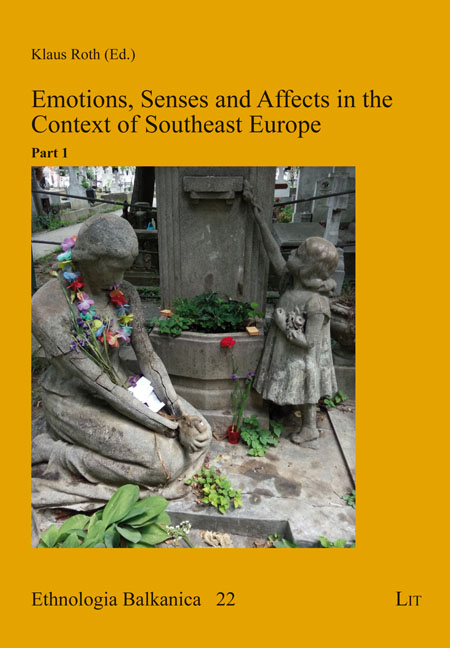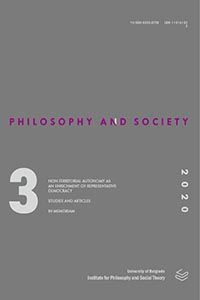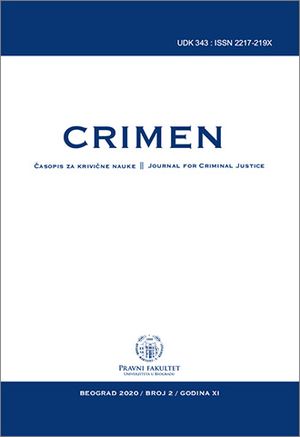Author(s): Slobodan Vuković / Language(s): English
Issue: 2/2020
The article analyzes the political and social climate in German society at the time of the outbreak of the Great War and the intellectual elite’s reaction to the war. All interest groups war to be declared defensive in all interest groups the Reich was „besieged” by the Entente forces and it hadto defense against the „barbaric east”. The war euphoria pervaded all strata of society, based on the myths of German military invincibility and cultural excellence. The whole society was convinced of the war victory. The war was interpreted as a „German revolution”, as a victory of the „German soul” and „culture”. The intellectual elite loyal to the monarchy and the Kaiser supported the war. The war was interpreted as a conflict of the ideals of the French Revolution (freedom, equality, brotherhood), as opposed to the „Idea of 1914” (duty, order, justice) and thus justified and legitimizes. „Ideas from 1914” are, in short, grounded against English „merchant souls”, French „Gallic superficiality” and „Slavic despotism”. The „Ideas of 1914” gave birth to an Appeal to a civilized world in which German intellectuals show solidarity with the German army, denying that Germany provoked the war, violated the neutrality of Belgium and that its army committed crimes and cultural barbarism. Russia and Serbia are blamed for the war. Russia’s goal was to increase world power on the ruins of Austria and Germany and to establish hegemony over the South Slavic people. The war brought to light the old war goals that were widely accepted by political, military and cultural elite and interest groups. These goals were threefold and were directed to the West, East and Southeast. The intellectual elite – in addition to the economic elite, trade and industrial associations and numerous clubs – supported the policy of war goals and 122 * Retired scientific advisor, Institute of Social Sciences, sloba5.vukovic@gmail.com. Slobodan Vuković, Mobilizacija za rat u Drugom Rajhu i „Ideje iz 1914” 131 advocated the territorial annexation and growth of Germany into a world power, the creation of a colonial empire and penetration into the East and Southeast. Enthusiasm for the war waned after facing war atrocities, protracted trench battles, loss of loved ones, shortages and material hardships, conscription for the army of 13million inhabitants and, above all, defeats, which the Germans did not hope for, nor did they, after more than a hundred years, accepted. In the first six months of the war alone, between 35,000 and 40,000 civilians (mostly Serbs) were hanged and executed in the Balkans. After a hundredyears, modern Germany apologized for the crimes committed in Belgium, but not, like Austria, for the crimes of its armies committed in the East and Southeast.
More...



